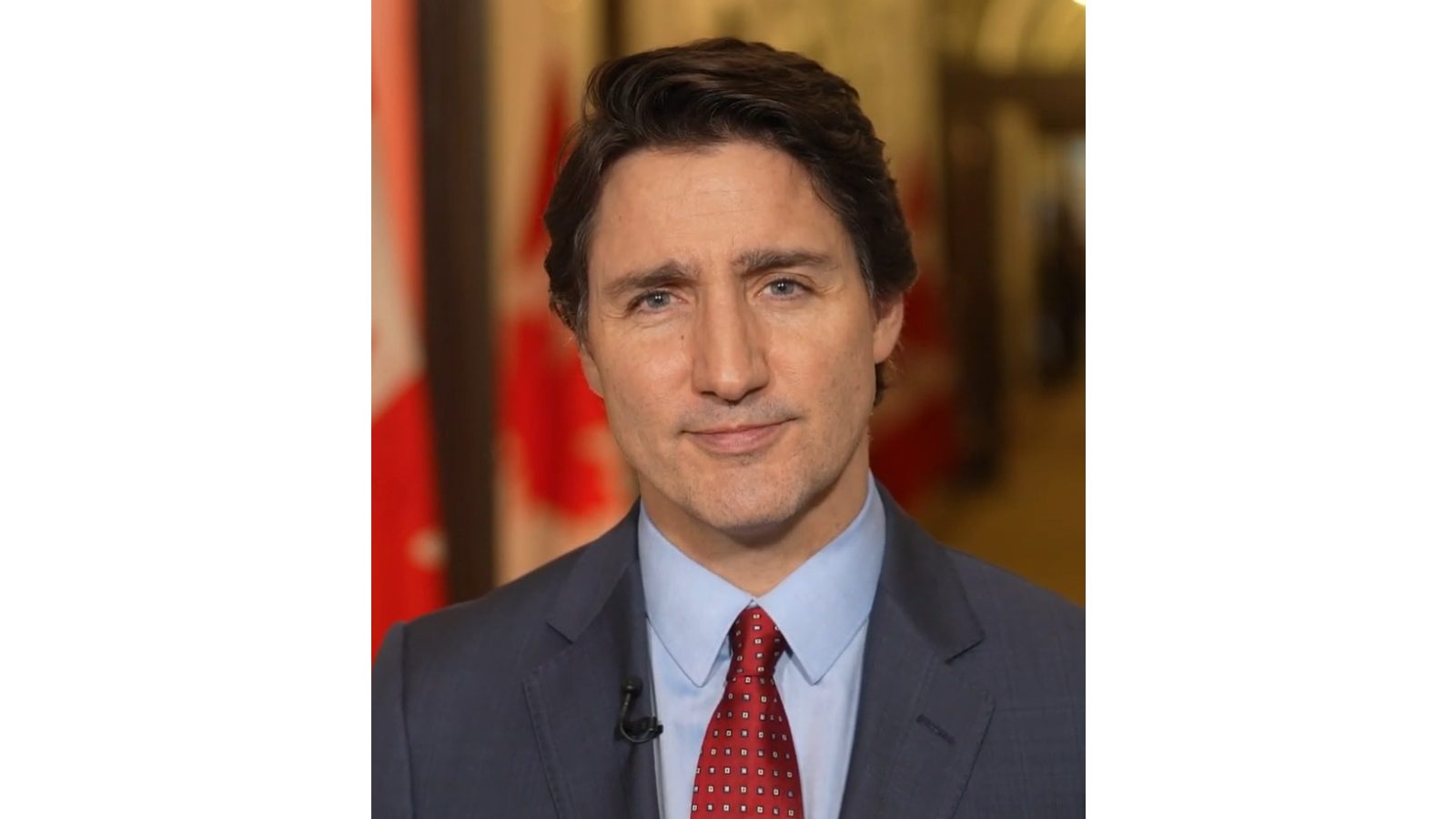The report Visit to Canada – Report of the Special Rapporteur on contemporary forms of slavery, including its causes and consequences, Tomoya Obokata and End of Mission Statement.
The Special Rapporteur on contemporary forms of slavery, including its causes and consequences, Tomoya Obokata, visited Canada from 23 August to 6 September 2023. During his visit, he travelled to Ottawa, Moncton, Montréal, Toronto and Vancouver.
The purpose of his visit was to assess the efforts of the Government of Canada to prevent and address contemporary forms of slavery, in order to identify good practices and ongoing challenges.
He met with:
- Representatives of Global Affairs Canada
- Departments and agencies of the Federal Government and the provincial governments of British Columbia, New Brunswick, Ontario and Québec
- Canadian Senators, members of the upper house of Parliament
- Representatives of the Canadian Human Rights Commission and provincial counterparts
- Canadian Ombudsperson for Responsible Enterprise
- Office of the Correctional Investigator
- civil society organizations
- workers’ organizations
- United Nations agencies, including the United Nations Global Compact; Indigenous organizations
- Private sector
- Academics
- Workers and survivors of contemporary forms of slavery
Findings
The number of temporary foreign workers entering Canada has increased significantly over time. In 2018, there were 84,004 permitholders under the Temporary Foreign Worker program while by 2022, this figure had risen to 135,818.
So-called ‘temporary’ foreign workers address a permanent need on the labour market and have valuable skills that are critical to the Canadian economy.
The Government defers a significant portion of responsibility for informing temporary foreign workers of their rights to employers, despite the obvious conflict of interest.
Employer-specific work permit regimes, including certain Temporary Foreign Worker Programmes, make migrant workers vulnerable to contemporary forms of slavery, as they cannot report abuses without fear of deportation.
Given the structural inequities between temporary foreign workers and employers and their insufficient access to justice and remedies, workers experience a wide range of abuses.
Temporary Foreign Worker Program serves as a breeding ground for contemporary forms of slavery, as it institutionalizes asymmetries of power that favour employers and prevent workers from exercising their rights.
Various abuses reported
The Special Rapporteur received reports of underpayment and wage theft, physical, emotional and verbal abuse, excessive work hours, limited breaks, extracontractual work, uncompensated managerial duties, lack of personal protective equipment, including in hazardous conditions, confiscation of documents and arbitrary reductions of working hours. Women reported sexual harassment, exploitation and abuse. Fraud is also an issue, as some workers reported receiving false assurances that their employers had undertaken a labour market impact assessment or applied for permanent residency, only to find out that they had fallen out of status.
Complaint mechanisms are difficult to use
Complaint mechanisms are difficult for workers to navigate without external assistance, although the Special Rapporteur was encouraged to learn that efforts to increase awareness of such mechanisms had led to a 39.4 per cent increase in the number of complaints received.
Confidentiality is not always well-maintained and whistle-blowers face retaliation despite prohibitions against reprisals. In addition, police have reportedly failed to take complaints seriously, claim that they do not have jurisdiction and report workers to immigration authorities rather than investigating their complaints.
Recommendations
Human rights due diligence
The Special Rapporteur recommends that the Government of Canada strengthen the mandate and enforcement powers of the Office of the Canadian Ombudsperson for Responsible Enterprise, in line with the Principles on the Protection and Promotion of the Ombudsman Institution, including by:
(a) Extending its mandate to cover all economic sectors;
(b) Providing it with powers to compel testimony and evidence and to sanction companies for failure to comply with recommendations;
(c) Ensuring its full independence from Government, with a reporting line to Parliament instead of a minister;
(d) Allocating sufficient resources to effectively implement all aspects of its strengthened mandate and monitor compliance;
(e) Effectively implementing the import ban on goods produced with forced labour and child labour through the customs tariff by strengthening risk analysis and allocating adequate resources to increase inspections;
(f) Proactively promoting compliance with prohibitions on the use of forced labour or child labour by public suppliers;
(g) Introducing mandatory human rights due diligence obligations on all Canadian companies, including their supply chains within and outside the country;
(h) Amending the Supply Chains Act in order to ensure that it is applicable to companies of all sizes, with support to small and medium-sized enterprises to aid compliance;
(i) Developing guidance for remedy and responsible exit;
(j) Ensuring the full independence of the National Contact Point from Government.
Migrant workersThe Special Rapporteur recommends that the Government of Canada address the situation of migrant workers by:
(a) Ending the use of closed work permit regimes and allowing all workers the right the choose and change their employers in any sector without restriction or discrimination;
(b) Ensuring that all migrant workers have a clear pathway to permanent residency from the time of their arrival in the country and are able to benefit from federally funded settlement services and other public services without discrimination;
(c) Regularizing workers who have lost status, in particular workers who have been victims of contemporary forms of slavery;
(d) Enforcing international human rights obligations, national human rights standards and provincial and territorial standards regarding labour rights, occupational health and safety, unionization, health care and housing for migrant workers, without discrimination;
(e) Ending interjurisdictional neglect by mandating or creating a single coordination body with full oversight of migrant workers’ rights and conditions and ensuring that all federal, provincial, territorial and municipal actors are regularly engaged and sensitized about their responsibilities;
(f) Providing equal access to adequate housing without discrimination, in line with the National Housing Strategy Act.Recommends that the Government of Canada ensure that all migrant workers have equitable access to health care from the time of their arrival, without discrimination or interjurisdictional inequities, including by:
(a) Extending federal health coverage in the waiting period for provincial and territorial coverage, rather than relying on employers to provide private insurance;
(b) Addressing barriers to health care for migrant workers, including lack of transport and medical interpretation.Recommends that the Government of Canada ensure that all migrant workers are able to effectively report abuses and receive protection, including by:
(a) Providing necessary information to all migrant workers regarding their rights and entitlements, including access to grievance mechanisms, before and after arrival, in languages they understand;
(b) Providing language education before and after arrival to all migrant workers;
(c) Creating a single point of contact for migrant workers to report all types of abuse, including labour, housing and health-care issues;
(d) Streamlining the process for workers to obtain open work permits for vulnerable workers and make the permits more easily renewable, as an interim measure, pending their transition from closed work permits.Recommendations continue in the report.
Who is Mr. Obokata?
Mr. Obokata is a Japanese scholar of international law and human rights, specialising in transnational organised crime, human trafficking and modern slavery. He is Professor of International Human Rights Law at York Law School, and previously taught at Keele University, Queen’s University Belfast and Dundee University (all in the United Kingdom Great Britain and Northern Ireland).
He is he is part of what is known as the Special Procedures of the Human Rights Council. Special Procedures, the largest body of independent experts in the UN Human Rights system, is the general name of the Council’s independent fact-finding and monitoring mechanisms that address either specific country situations or thematic issues in all parts of the world. Special Procedures’ experts work on a voluntary basis; they are not UN staff and do not receive a salary for their work. They are independent from any government or organization and serve in their individual capacity.


Comments
We want to hear from you! Share your opinions below and remember to keep it respectful. Please read our Community Guidelines before participating.